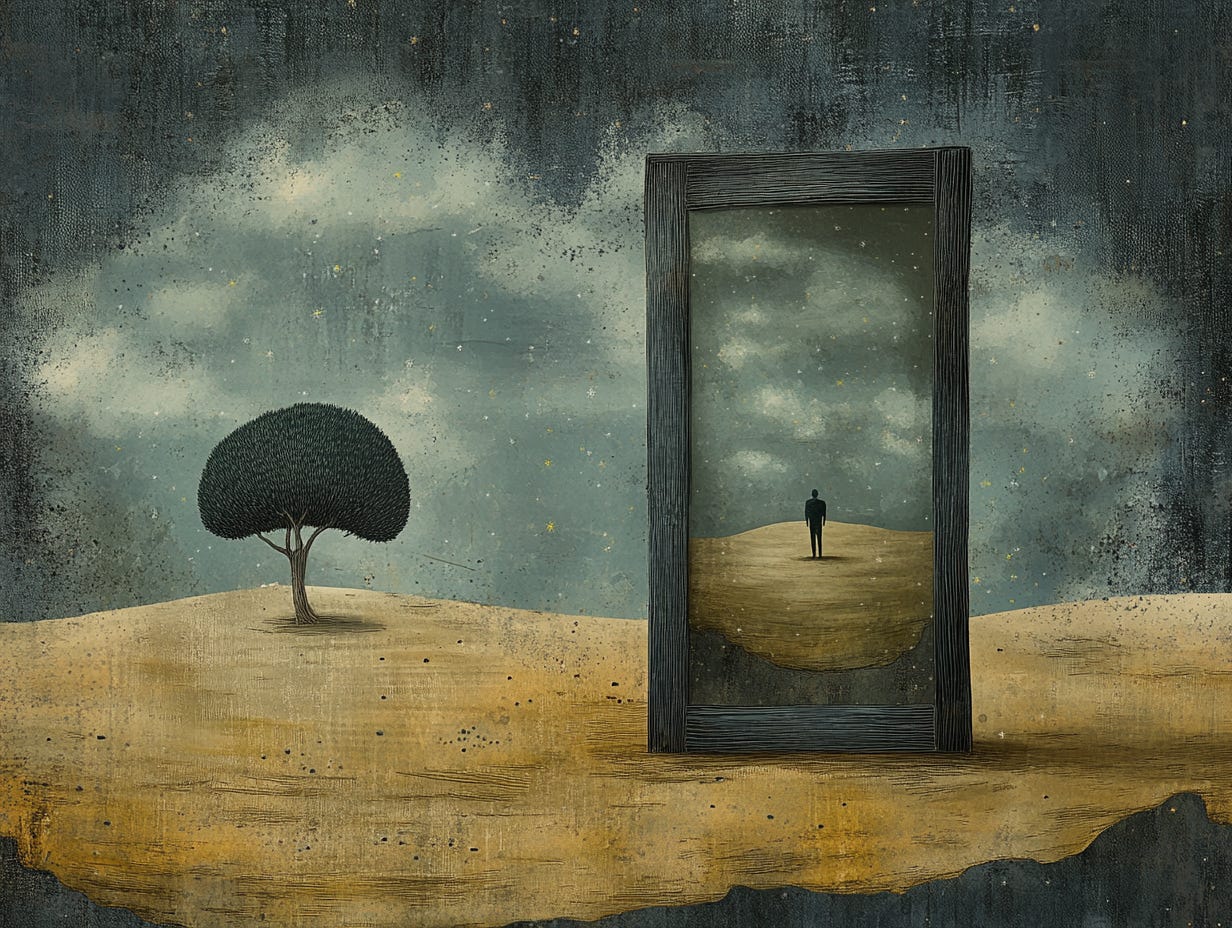Shakespeare, Klingon, and the Beauty of Useless Things
Late last year, a video popped up on my social media feed. It was an interview with Dame Judi Dench on The Graham Norton Show. Normally, Shakespeare isn’t something I seek out. I’ve always respected his work from a distance, the way you might admire a grand old cathedral without necessarily wanting to step inside.
But in this very charming clip, Ms. Dench wasn’t just talking about Shakespeare - she was performing it, delivering a sonnet with such clarity that, and I really don’t know why, floored me. So much so that when the new year rolled around, I decided to make a resolution: I would memorize at least one Shakespearean sonnet (obviously, Sonnet 29 which was what she recited), and learn as much as I could about his work.
Some Things I Learned About Sonnet 29
Shakespeare’s Sonnet 29 is basically an emotional rollercoaster. It starts with the speaker at rock bottom: broke, lonely, and full of self-pity. He looks around, envies everyone else’s success, and even complains that heaven won’t answer his cries. Classic Shakespearean drama.
But then, something shifts. Just thinking about someone he loves completely changes his perspective. Suddenly, all that misery fades, and he feels richer than a king.
Structurally, I learned that the poem follows a usual Shakespearean sonnet form: three quatrains (a fancy term for a four-line section in a poem; like small paragraphs in poetry), followed by a couplet (just two lines that wrap things up). The three quatrains set up the contrast between despair and joy, and the final couplet delivers the emotional punch.
Shakespeare also played around with rhyme (each quatrain has its own set of rhyming words, with every other line rhyming) and rhythm. If you read it aloud, you’ll notice a pattern, though some lines break it. I’m inclined to think that those breaks are intentional, because this Shakespeare fellow is said to have known what he was doing.
Sonnet 29 (the AI-enhanced version)
Over the past several days, I played around with Midjourney to create illustrations for each line of Sonnet 29.
When, in disgrace with fortune and men’s eyes,
I all alone beweep my outcast state,
And trouble deaf heaven with my bootless cries,
And look upon myself and curse my fate,
Wishing me like to one more rich in hope,
Featured like him, like him with friends possessed,
Desiring this man’s art and that man’s scope,
With what I most enjoy contented least;
Yet in these thoughts myself almost despising,
Haply I think on thee, and then my state,
Like to the lark at break of day arising
From sullen earth sings hymns at heaven’s gate;
For thy sweet love remembered such wealth brings
That then I scorn to change my state with kings.
One Resolution in the Bag
Anyway, a week into 2025, I had Sonnet 29 tucked away in my memory.
I think it’s good to have a few of these skills or bits of knowledge that serve no immediate purpose, like the time I spent a year studying Klingon on Duolingo.
It’s a weird, nerdy kind of accomplishment, I admit. I like the idea that I carry around a few of these little secret abilities that are completely unnecessary and useless, imagining that some random moment in the future might reveal their unexpected purpose.
Wala lang.
…
















